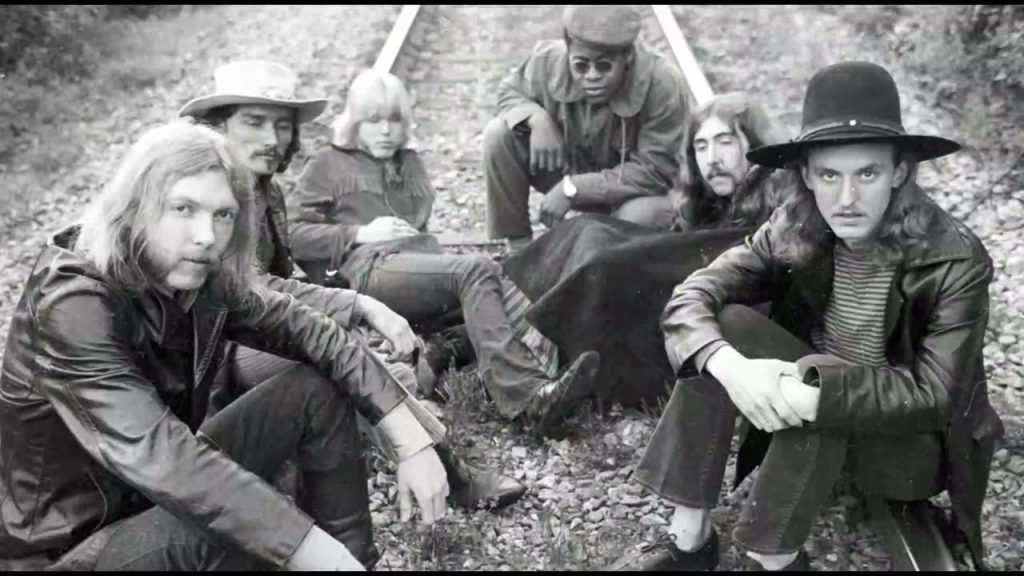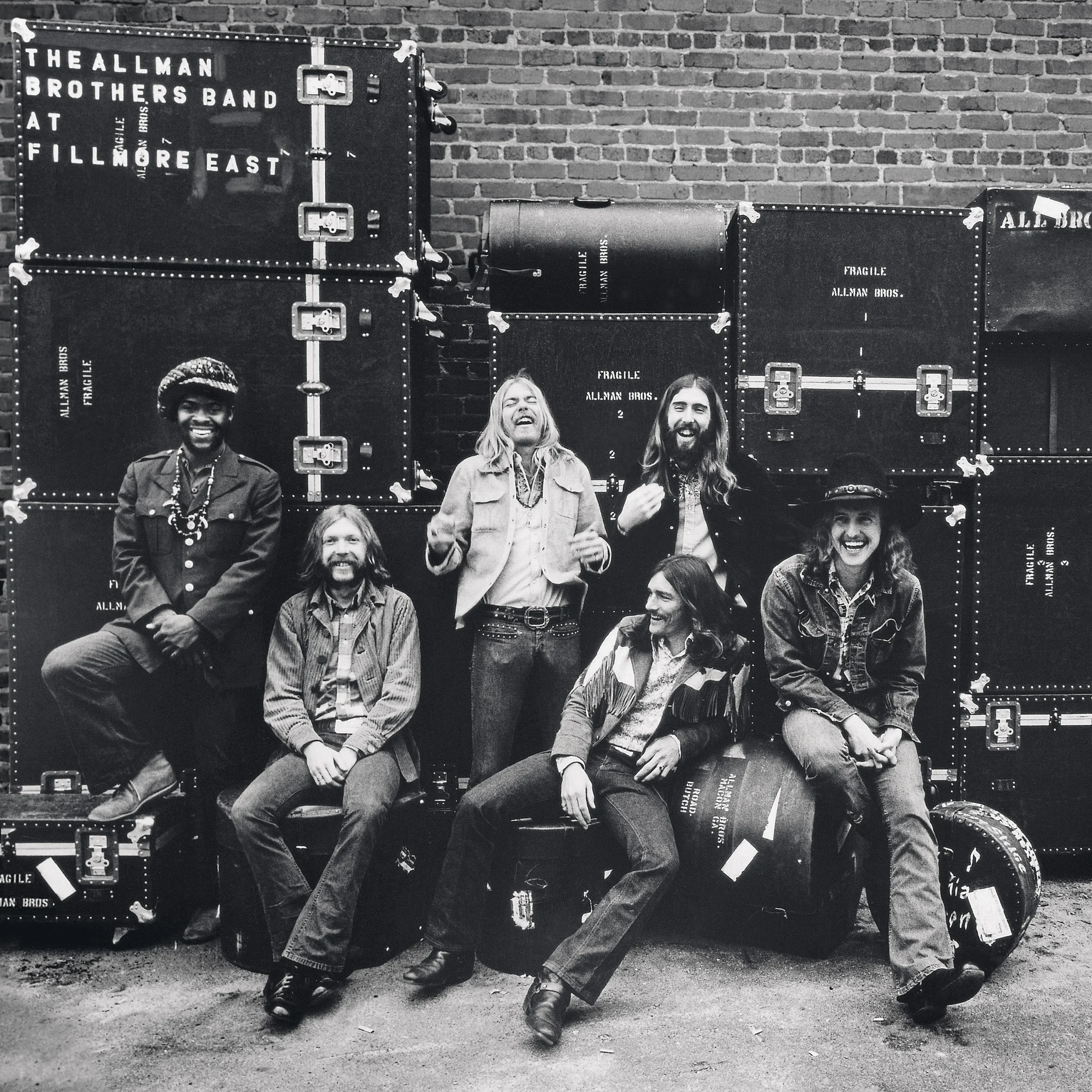
A Journey of Restless Souls and Timeless Roads
When you hear “Ramblin’ Man” by The Allman Brothers Band, you’re instantly transported to an era where music was a journey, a quest for meaning along the winding roads of life. Released in 1973 as part of their fourth studio album, “Brothers and Sisters,” this track holds a special place in the annals of Southern rock. It reached an impressive peak, climbing to number 2 on the Billboard Hot 100 chart, making it not only a commercial success but also a cultural touchstone.
“Ramblin’ Man” is more than just a song; it’s an anthem for the wanderers at heart. Written by Dickey Betts, the track weaves together themes of restlessness and the perpetual search for identity and belonging. Betts himself was inspired by Hank Williams’ classic “Ramblin’ Man,” and he sought to create something that echoed the same heartfelt yearning that defined Williams’ work. The song is infused with autobiographical elements, reflecting Betts’ own experiences and his understanding of the nomadic lifestyle.
The Allman Brothers Band, known for their pioneering blend of blues, jazz, and country influences, captured the essence of American musical tradition with this hit. The guitar riffs are both familiar and innovative, resonating with a kind of nostalgia that feels like an old friend’s embrace. The dual guitar harmonies between Dickey Betts and Duane Allman have always been a hallmark of their sound, yet in “Ramblin’ Man,” it reaches new heights of expressiveness. The melody meanders much like the itinerant spirit it celebrates.
The narrative within the lyrics tells of a man born with wanderlust in his veins. It’s a tale as old as time itself—one that speaks to anyone who has ever felt the urge to pack up and hit the open road without looking back. There’s a poignancy in lines that reflect on family and home, invoking images of fleeting connections and roads less traveled. For those who have lived long enough to see life’s unpredictability unfold, these words resonate deeply, stirring memories of youth and dreams yet unfulfilled.
“Ramblin’ Man” also serves as a reminder of an era when music was an exploration of human emotion and experience. The early ’70s were a time of change and upheaval, both socially and musically. This song encapsulated the spirit of its time while managing to transcend it, speaking to generations beyond its original release.
As we listen today, there is an undeniable warmth in its familiarity—a testament to its enduring appeal. The harmonized guitars sing with clarity and purpose; they tell stories without words, evoking dusty highways under endless skies. For older listeners especially, there’s something inherently comforting about revisiting these sounds—a bittersweet reminder of past journeys and those still ahead.
In conclusion, “Ramblin’ Man” is not just about wandering aimlessly; it’s about understanding one’s place in the world through movement and reflection. It captures a universal longing for freedom and self-discovery that never quite fades with age. Whether you’re reliving memories or simply appreciating the mastery behind each chord and lyric, this song remains a timeless ode to life’s perpetual adventure.
